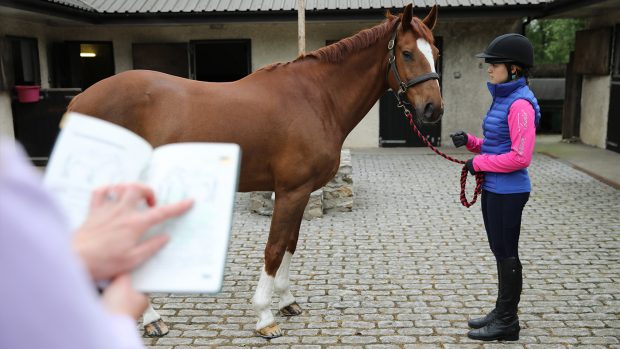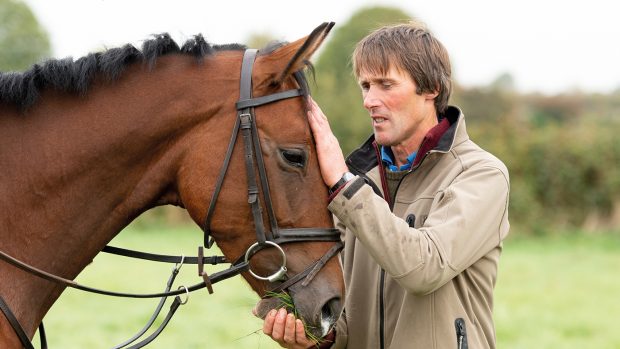View horses for sale
More legal advice on buying a horse
Q: I bought a horse from a private seller and was told he was 100% in every way. I rode him twice before buying, once in the school and then went hacking round a local park.
After a five-stage pre-purchase vetting I bought him and he was everything I had expected – until we reached a road where he was petrified.
I contacted the previous owner who told me: “When hacking out we avoided roads, but he was fine when with other horses and he didn’t mind JCBs and other vehicles around our yard.”
Not what I had previously been told, but I gave him a chance in the company of a bombproof horse, but he still panicked every time a car came near us.
Trying to be positive, I moved him to a new yard with off-road hacking, but this is a 25min drive away and more expensive.
Someone on this new yard had also tried my horse but was told he was nervous on the roads. If I had been told this I would not have bought him.
Do I have any comeback from the previous owner?
SN, Kent
The law that most frequently applies in disputes of this kind is the Sale of Goods Act 1979 (SGA) and the common law of misrepresentation. Where you are buying a horse privately, the SGA applies certain terms into the agreement – in this case, that the horse corresponds with the description given in the sale advertisement or given verbally by the seller.
“Your prospects of success in court – if that is what it comes to – will turn on the strength of the evidence you can amass to support your case compared with that of the seller,” said Mark Charter, head of the agriculture and equine team at Blake Lapthorn.
“Was the horse advertised and what exactly was said in it? Were there any witnesses to your negotiations with the seller who could vouch to who said what?”
If it can be shown that it was a fundamental term of the agreement that it should hack out quietly on roads, it may be possible to claim damages.
“However, as you have kept the horse and persevered, you may have lost your ability to rescind the contract,” explained Mark. “The basis for a claim for damages is to put the innocent party financially in the position they would have been if the issue had not arisen.
“If you can establish misrepresentation on the part of the seller – how the horse behaved when hacking in traffic – you can sue for damages for loss. However, the law categorises different types of misrepresentation – fraudulent, negligent and innocent – and your remedy will depend on which category it falls into.”
The issues in resolving a dispute such as this are:
• To collate all the relevant information eg the advertisement and your own notes, and those of any witnesses, as to who said what
• To be clear as to the outcome you require – returning your horse, selling your horse, and/or recovering compensation?
• To discuss with the seller – initially on a “without prejudice” basis – an acceptable solution. If a solution cannot be agreed, are you prepared to take court action?
• A solicitor will advise you on the economics of pursuing litigation.
Information
Blake Lapthorn, tel: 02380 857116 www.bllaw.co.uk
This Q&A was first published in Horse & Hound (12 March, ’09)
Looking for horses for sale near you?
Need legal advice on buying a horse?
Buying a new horse? Compare insurance prices at horseandhound.co.uk/insurance




